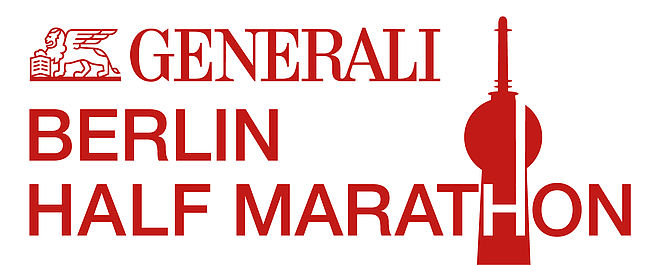The dress rehearsal for the Olympic Marathon takes place this Sunday, November
2, on the course which gave the race its name, from the village of Marathon to
Athens. And the East African men - Kenyans, Ethiopians, Tanzanians - look set
to dominate the Athens Classic Marathon, as they are expected to do in ten
months time for the Olympic race. The organisers recognise that they can
compete (yet!) with the New York Marathon, also on Sunday, in terms of race
numbers and prize money. But they have something that no other marathon in the
world can match - the original course.
Whether its dated from 490BC, when Philippides is supposed to have run to
Athens to announce a famous victory over the invading Persians on the field of
Marathon, or whether its the inaugural Olympic race 107 years ago, nothing can
compare with one of the toughest courses in the world. For the first Modern
Olympic race in 1896, the road from Marathon was little more than a dirt track.
It has gradually improved over the years, but the transformation since Athens
was awarded the Games has been startling. The whole road is being upgraded, and
there is a new stadium at the exit from Marathon, which serves as the warm-up
area for the race. The finish is still in the impressive marble Panathanaikon
Stadium, built for the 1896 Games. There is a record entry of 3,500 runners
from over 30 countries for this 21st birthday for the Athens Classic Marathon,
which has also involved a revamp, with Alpha Bank, one of the Olympic Games
biggest sponsors pouring in over a million euros to upgrade the historic race.
Defending champion Mark Saina is looking to continue the run of victories by
Kenyans in major marathons recently. But Alahmeyu Assefa of Ethiopia, with a
best of 2.07.44, and Bayo Zebedayo of Tanzania, with 2.08.51 are set to
challenge. Sonia Krolik of Germany, the bronze medallist from the European
Championships in Munich last year is going for her third consecutive victory in
the womens event.
Pat Butcher


